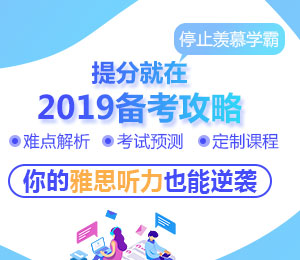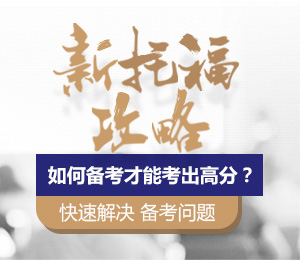雅思阅读话题之双语学习的利弊
2014-07-22编辑: 来自: 环球雅思
经过对历年的雅思阅读考试的分析,阅读话题主要有两大类,分别是自然科学类和人文社科类。其中雅思阅读人文科学类的话题主要分为了三大块:教育类,语言学类,发展史。同时还会涉及到企业管理和心理类。下面环球教育就与大家来分享语言学类的阅读话题。
Starting age of foreign language education
When foreign language education to start is good?This is applied linguistics and psycholinguistics exploring topic for a long time.In the past half century, many scholars and teachers in the world for a great deal of theoretical exploration and science experiments.Many people from observing the bilingual children's language acquisition, think from learning another language will get better results.Also some people based on the result of adults learning a foreign language, to demonstrate the necessity of the early age of learning foreign language and sex.
After the second world war, people began to tend to early implementation of foreign language education.This point of view and practices to five, 60 s become more common.This popular some theoretical research is inseparable.American physiologist Penfield and Roberts (1959) argues that according to the requirements of human psychology, learning a second language in school starting age, had better be to 4 to 10 years.Lenneberg (1967) put forward the famous "critical period" (critical period) theory, the thought that it would be really learned a language, must be between two years old to 13 years old.After this period of time, learn a new language can only be the wasted effort.Under the influence of these theories, the United States in a flood of primary school began to learn a foreign language, starting from kindergarten to grade five, most of the three, four, five grade (that is, the student stage at the age of 8, 9, 10).At the same time, to learn a foreign language starting age of early experiments also widely in western European countries.
Patkowski (1980) of 67 to the United States after five years, children begin formal learning English study, through the analysis of the writing and speaking of them found that after the age of 15 children use English syntax is pure.Accordingly, Patkowski put forward before the age of 15 is "sensitive period" (sensitive period) theory.This theory is regarded as a "critical period" of Lenneberg theory development and supplement (Harley, 1986).
Fathman (1975) investigated the Washington area 200 five to fifteen immigrant children to learn English.The children of similar in that they came to the United States less than three years, home language is not English.Results show that in terms of vocabulary and syntax, older children (11-15) than young age children (6-10 years old) master well;In terms of voice, small age children is better than older children.A similar argument Krashen and others (1979) has been put forward.They compare adult and the child, compared with small children, older children with reference to previous research draws the conclusion that the two groups of participants, the former than the latter more quickly master the vocabulary and syntax.However, people from childhood began to learn a foreign language than from adults began to learn the final degree to master the language
Singleton (1989) put forward after comparing the study more, have some evidence to prove that little children speak better than older children, nor case more than older children age of small children.As for the foreign language than older people eventually from primary school began to learn a foreign language who grasp well, is there enough evidence to prove the point, at least without disproof.And Andrade et al. (1993) pointed out that in the past the United States some people think that foreign language teaching to the little child lies mainly in teaching methods.As long as the proper teaching strategies, all children can learn a foreign language well.
这是一篇很cool的文章哦!希望大家加油喽。
相关阅读

-
预约雅思/托福水平在线测试
获取0元体验课程









